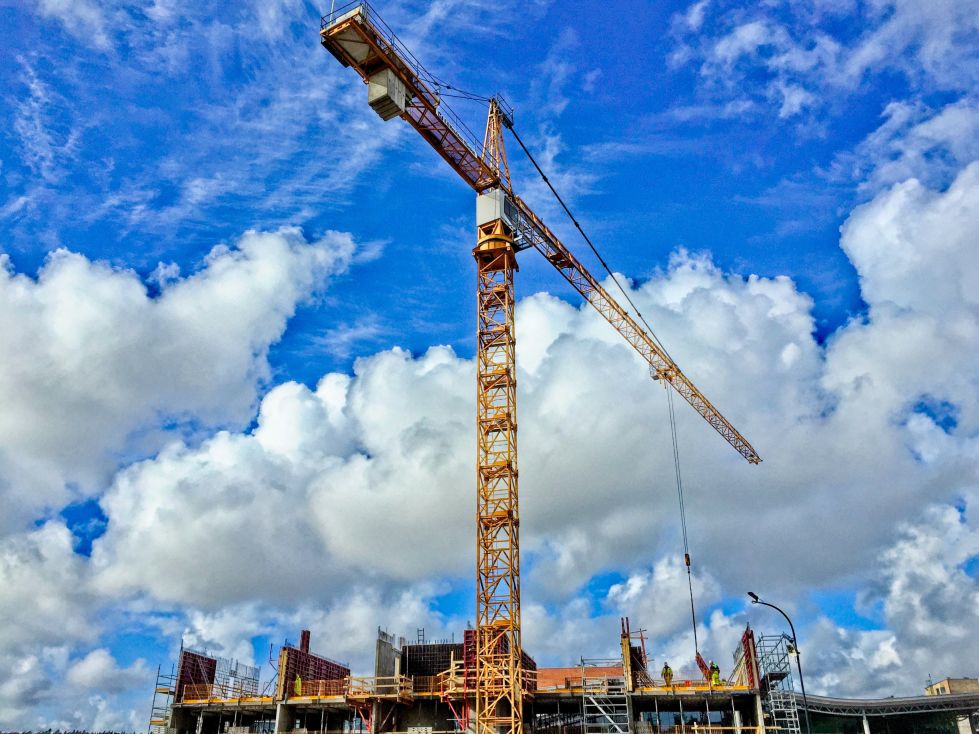A Guide to Heavy Equipment Financing
Heavy machinery financing can be hugely beneficial to businesses that rely on heavy equipment for their day-to-day operations. Heavy equipment leasing companies rent out machinery at a set price, saving businesses thousands of dollars they would spend buying new equipment.
Alternatively, heavy equipment financing companies set construction equipment financing rates to make machinery affordable and attainable for businesses. Massive machines can be challenging to finance out of pocket, and in most cases, purchasing equipment upfront is not pragmatic.
There are many advantages of leasing your building machinery or working with construction equipment finance companies. We’ll discuss these benefits shortly. First, we’ll share some information about construction equipment loans and leasing.
What is Heavy Equipment Financing?
Heavy equipment financing relates to leases and loans used to obtain specialized construction vehicles. These vehicles include bulldozers, dump trucks, backhoes, cranes, and other machines that are essential to timber, excavation, or construction projects.
There are many different ways to seek construction equipment funding, depending on whether you want to lease the heavy equipment for a set period or own it outright. Both leasing and financing each have advantages and disadvantages.
Heavy Equipment Financing vs. Leasing
Two of the most popular methods of heavy equipment financing are leases and loans. At first look, they share many common traits: interest rates, monthly payments, and term lengths. That said, different rules govern each, and there are different rationales for choosing one over the other.
Equipment loans are used to purchase the equipment outright. The majority of these loans last between three and seven years. You’ll be expected to pay around 15% of the full equipment cost as a down payment on an equipment loan. Loans generally have better rates than leases, but they cover a smaller percentage of the total cost.
Equipment leases are used to rent or buy equipment. There are two common types of lease: operating leases and capital leases. Capital leases are used to purchase equipment and are similar to equipment loans. They often cover 100% of the costs and don’t typically require a down payment.
Operating leases are similar to capital leases but have a few critical differences. These leases are typically for a shorter period, around two years, with the option to purchase the equipment at the end of the leasing term. The purchase price offered is generally for fair market value. That’s why these leases are sometimes called ‘fair market value leases.’
Benefits of Large Equipment Leasing and Financing
Heavy equipment financing provides several benefits to businesses:
- Leasing saves capital: Few companies have enough liquid cash to purchase heavy equipment outright, and financing often requires significant down payments. Large deposits can be difficult for companies to amass. Leasing requires minimal upfront payments, offering businesses more freedom and an opportunity to save capital.
- Leasing provides access to the latest machinery: Lease terms give construction companies more flexibility to update equipment. Each year heavy machinery technology advances, with newer equipment helping to reduce labor hours, eliminate rework, and offer business owners a competitive advantage to win new contracts.
- Leasing requires lower monthly payments: Financing helps to improve expense planning: Maintaining consistent cash flow and budgeting efficiently are additional benefits of equipment financing. Instead of making significant purchases and causing high budget fluctuations, financing helps to even out expense planning.
Most lease agreements are structured so companies pay smaller monthly payments than they would through traditional financing. Most leases require fair market buyouts or balloon payments at the end of the term. Businesses that opt for financing will have to split payments, including interest and principle, evenly over a financing period.
- Leasing offers tax advantages: Monthly lease payments can be subtracted from income as operating expenses for tax purposes. Some leases also qualify for Section 179 tax deductions, which can provide further tax savings.
How to Qualify for Heavy Equipment Loans
In general, it is easier to qualify for heavy equipment loans than non-asset-backed financing. This makes heavy equipment loans ideal for borrowers with low credit scores. However, borrowers still have to meet specific eligibility criteria.
Lenders generally favor borrowers with a credit score of at least 600. They also favor those that have been trading for over 12 months, have healthy cash flow, and can provide a down payment on the heavy machinery. That said, you won’t need to meet all of these criteria. For example, if you have poor credit but can provide a downpayment, you could still qualify.
Secure Working Capital for Heavy Equipment Financing
At L3 Funding we provide a range of options to help your construction business succeed. From small business working capital to micro loans, we can supply financial solutions to enhance your services. It’s easy to secure the money you need with our merchant funding company.
Use L3 Funding to secure the capital you need for equipment financing today!
